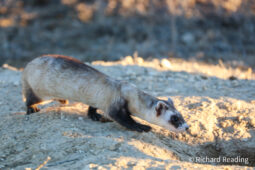
Protecting Wolves, ferrets, prairie dogs, vultures, etc. (start time: 3:39) How effective are Colorado’s efforts to preserve vulnerable species – wolves, black-footed ferrets, bears, prairie dogs and others? And what ingredients make it possible, including throughout the U.S. and the world, for wild animals and humans to get along when their homes overlap? Today How On Earth host Susan Moran continues her conversation with our guest from last week, wildlife ecologist Dr. Richard Reading, Chair of the Colorado Parks and Wildlife Commission, about Colorado’s most recent Wildlife Action Plan, and about other efforts to protect vulnerable species, ranging from butterflies to vultures. Dr. Reading is also Vice President of Science and Conservation at the Butterfly Pavilion.
If you missed our Pt. I conversation with Rich Reading last week, click here.
Hosts: Susan Moran, Joel Parker
Show Producer: Susan Moran
Engineer: Joel Parker
Executive Producer: Beth Bennett
Listen to the show here:
Podcast: Play in new window | Download (Duration: 26:32 — 36.4MB)
Subscribe: RSS



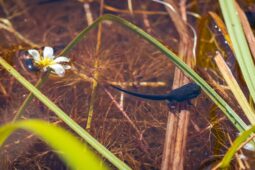
 In this week’s show Beth speaks with science writer, educator, and scientist
In this week’s show Beth speaks with science writer, educator, and scientist 
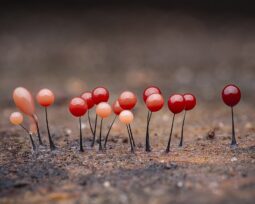 On today’s show, Beth speaks with award-winning science writer Jennifer Frazer about her
On today’s show, Beth speaks with award-winning science writer Jennifer Frazer about her 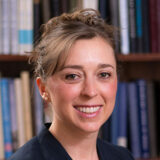
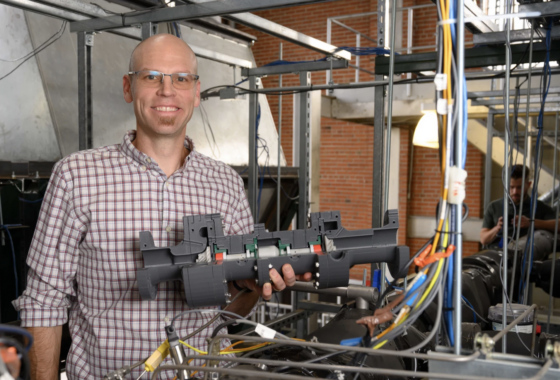
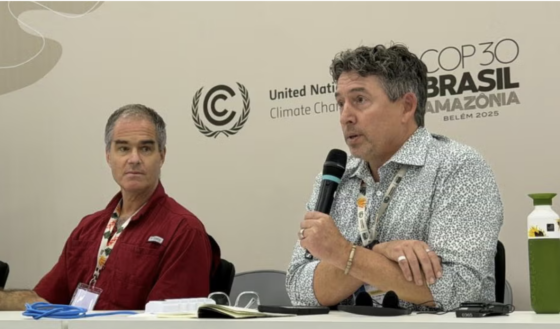
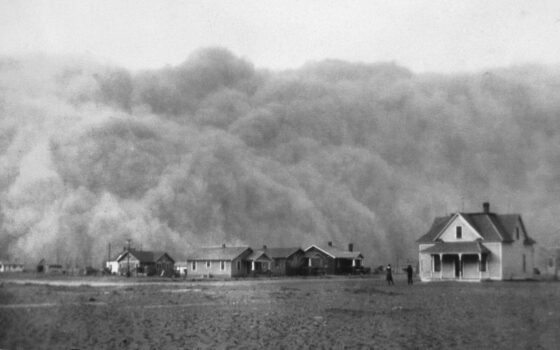
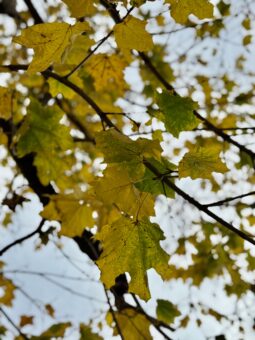 The physiology of deciduous trees (start time: 11:09) For many people living in places with four distinct seasons, such as here in Colorado, a favorite pastime at this midpoint in autumn is watching the faded leaves fall from their branches, and listening to the crackling sound while raking up the dried leaves. In this week’s How On Earth show, we explore questions like, Why do the leaves of aspen, ash and other deciduous trees “change” color in the fall? (Spoiler alert: They actually reveal their true colors.) Why do they shed their leaves every fall? And what happens to the naked trees in the winter? Host Susan Moran interviews Dr.
The physiology of deciduous trees (start time: 11:09) For many people living in places with four distinct seasons, such as here in Colorado, a favorite pastime at this midpoint in autumn is watching the faded leaves fall from their branches, and listening to the crackling sound while raking up the dried leaves. In this week’s How On Earth show, we explore questions like, Why do the leaves of aspen, ash and other deciduous trees “change” color in the fall? (Spoiler alert: They actually reveal their true colors.) Why do they shed their leaves every fall? And what happens to the naked trees in the winter? Host Susan Moran interviews Dr.  Five years ago, Beth spoke with
Five years ago, Beth spoke with